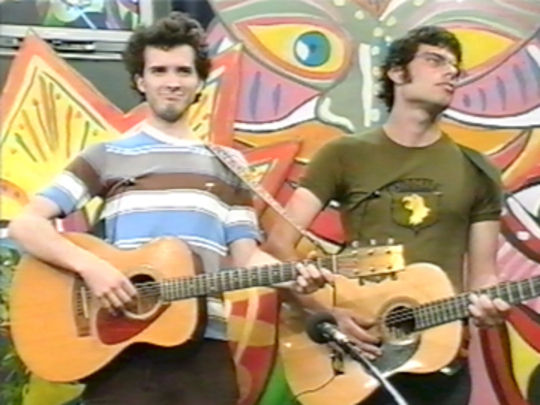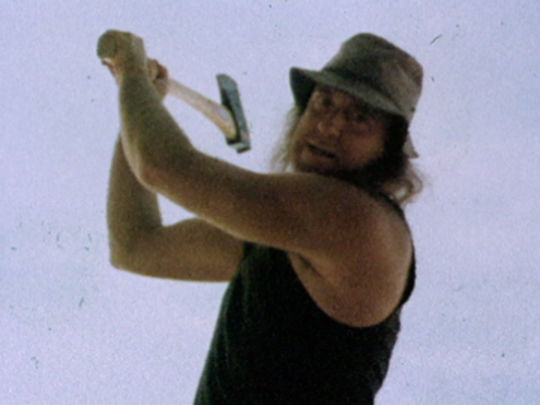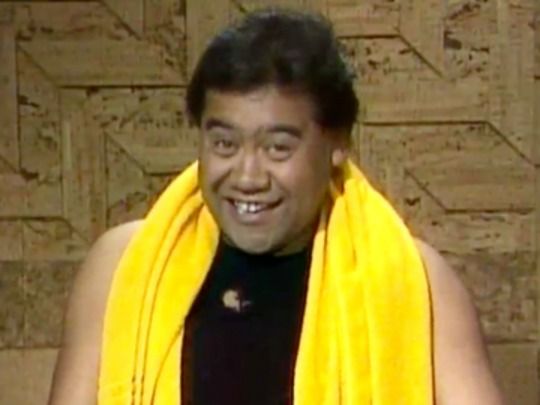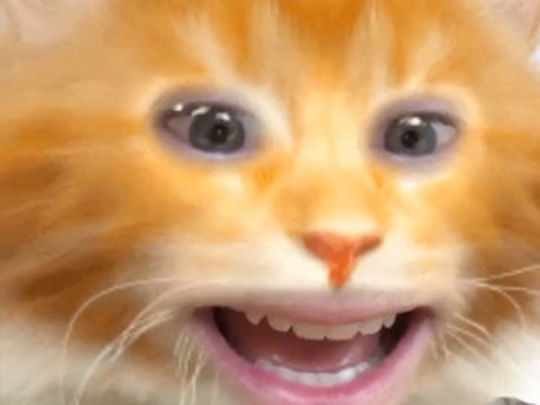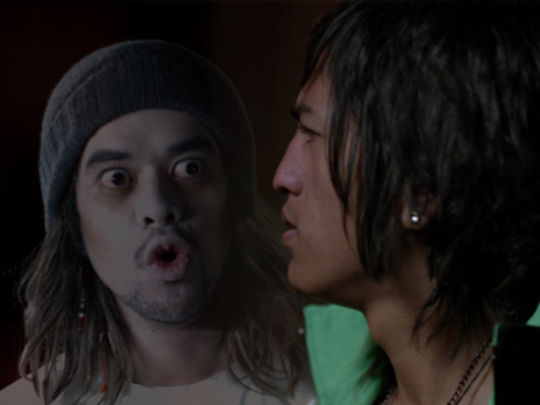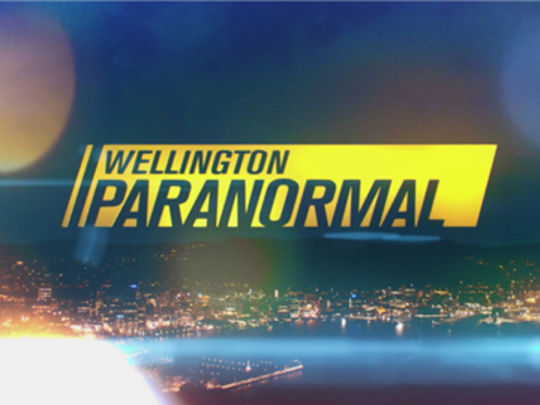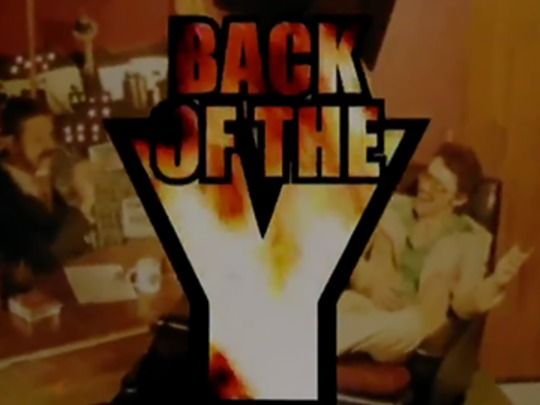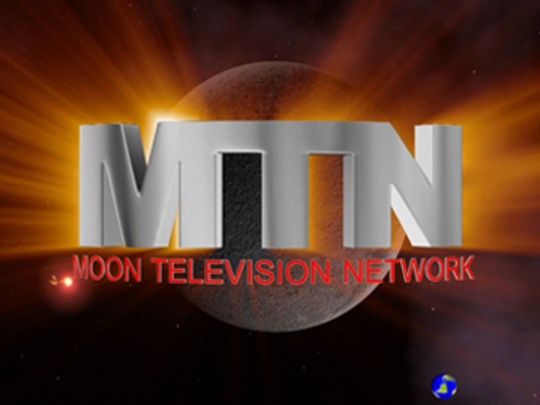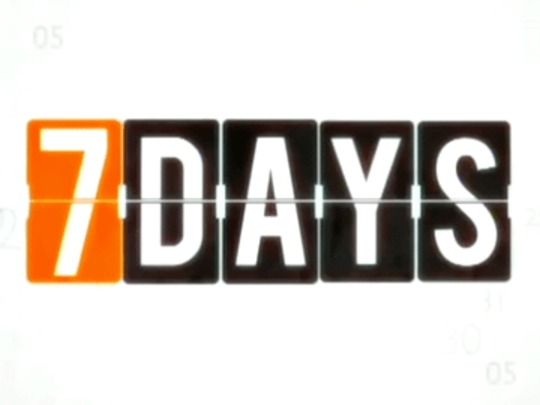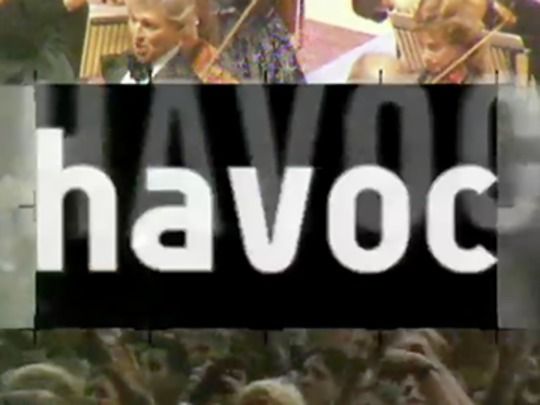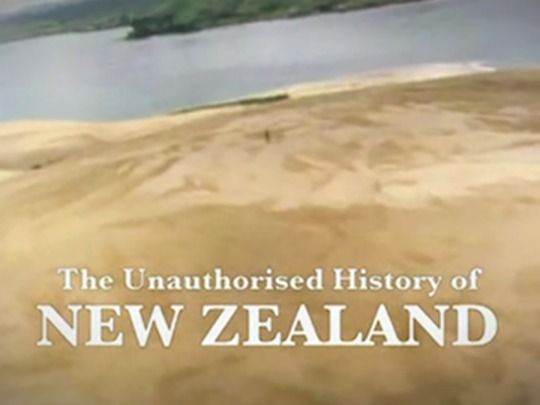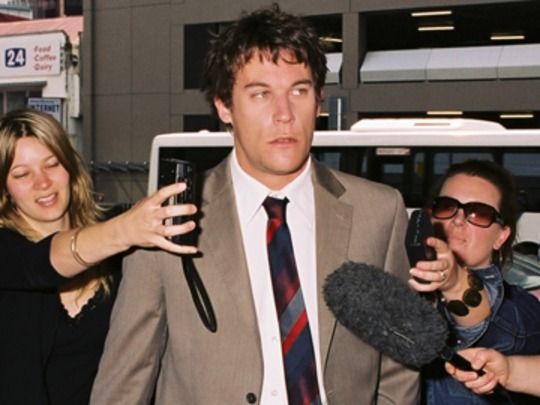NZ Comedy is a Bit S**t ...But in a Good Way
The Difficult Art of Being a Bit Shit
When attempting to define a national sense of humour, New Zealand commentators have historically tended to gesture towards concepts like deadpan, laconicism, or, perhaps, cheekiness. Others seem keen to hang their hat on "irreverence towards authority" or perhaps a bolder claim towards subversion (whatever that might mean). Attractive as these suggestions might sound, the problem with such qualities is that almost everyone else thinks they're what makes them special too. As no less a national comic luminary than John Clarke wrote, it turns out that large swathes of the known world also consider their comedy to be especially "laconic, understated and self-deprecating".
However, for those who'd like to continue to play the losing game of identifying national comic traditions (and it is a fun game!), I'd offer that there's at least one overlooked aspect of our local comedy that might actually set it apart: it tends to be a bit shit.
This is not to say that all our comedy is shit. By all accounts, Murray Ball was a cartoonist of the highest order, Barry Crump had a great turn of phrase, and in their own ways Outrageous Fortune, Hunt for the Wilderpeople, and Tony Williams’ commercials are all expertly executed comic triumphs. However, despite not being a universal constant, being a bit shit remains an important strand of our modern comedy DNA. By this, I don't mean to say that New Zealanders are bad at comedy — but rather that some of our most successful humour consciously and lovingly flirts with its own failure. Indeed, some of our best and most distinctive comedy actively embraces shitness: rough edges, questionable content, disarmingly odd behaviour.
As a nation we seem to excel at producing comedy that asks the audience to consider that what they're witnessing might be an unfurling, unintentional failure, or whether something more complicated might be at play. At many times, the answer isn't particularly clear, perhaps not even to those involved.
On one level, this shitness can be considered a product of "unpropitious circumstances". The pioneers of modern New Zealand comedy had neither the resources nor the institutional support to produce comedy that was anything but a bit shit. As a result, groundbreaking comedians like John Clarke and Billy T James simply had to make do with what was available. Rather than attempt to patch over shoddy production values, Clarke and James leant into them. Clarke made bare-bones improvisation central to the comedy of Fred Dagg, while James hammed up the delivery of often hackneyed jokes to find new humour. The shitness of Fred Dagg reached perhaps its culmination in the much shorter than feature-length film Dagg Day Afternoon (it's amazing to think this played in movie theatres as a double-feature with the equally shit Wild Man).
Later, the early films of Peter Jackson, like Bad Taste and Braindead embraced shoestring special effects as a way to walk the fine line between horror and humour. Elsewhere the fertile breeding grounds of student newspapers, radio and theatre accustomed a generation of local comedians to nurture a passion for deeply weird and often scandalous forms of humour, that could only be nurtured far away from either institutional oversight or any chance of funding.
This doesn't mean that all instances of shit were entirely intentional. As detailed in Geoff Houtman's insightful podcast, The Worst Sitcom Ever Made, the spectacular 1994 failure of Melody Rules stood as an abject lesson of what could happen when New Zealand comedy attempted to do things 'properly'. While it is often noted that the failure of Melody soured national funding agencies on comedy (let alone sitcoms), it also served as a lesson as to what could happen when you tried too hard. It's perhaps no surprise then that the post-Melody era saw the rise of a new form of low-budget, lo-fi, low concept, and lowbrow — in other words a bit shit — comedy.
The undisputed leaders in this area were Mikey Havoc and Jeremy 'Newsboy' Wells, who fronted a series of ever-changing shows in the late 1990s and early 2000s where they made off-colour remarks and antagonised the locals. Over on TV3, Ice TV engaged in slightly less risqué, but no more structured, comedy. This tradition continued into the new millennium with the success of Moon TV, Back of the Y Masterpiece Theatre and Pulp Sport, which all partook from the shit comedy staples of non sequiturs, meandering conversations, stunts where people appear to get hit by cars, and what looked for all the world like a demonstrable lack of effort by all involved. The turn of the millennium was truly a golden era for Kiwi comedy that was a bit shit.
However, shit comedy is more than a question of production values. It's also a state of mind: one that can be sustained no matter how high the budget, so long as you utterly reject any sense of sophistication or coolness. Nowhere is this more apparent than with Jemaine Clement and Bret McKenzie's Flight of the Conchords, who took the patently shit idea (with apologies to The Topp Twins) of folk music comedy as the basis for one of New Zealand's most successful comedy exports.
Even with the power of American pay TV network HBO behind them, the Conchords managed to hang on to a sense of genuinely Kiwi comedy: because at its heart, their comedy is a loving celebration of low level social and professional failure. This is comedy that isn’t just about well-meaning, mostly harmless and oblivious characters, but that is thoroughly saturated with their worldview as a guiding principle. A similar comic philosophy can be seen at work in the comedy of the Conchord-adjacent Taika Waititi — from Eagle vs Shark to What We Do in the Shadows (co-created with Conchord Jemaine Clement) to his star turn as Korg in the Marvel Cinematic Universe, playing a bit of an egg amidst the glamour of the modern superhero.
Closer to home, we can see a similar concern with the humour of self-sabotage and ineptitude on display in a show like A Night at the Classic — and even in the glorious weirdness of the Ghost Chips public service announcement, which manages to overturn the standard narrative so that being a bit shit becomes the way to save the day (it also seems appropriately shit that a highpoint of local comedy is a drink-driving ad).
We can see these two traditions of shit comedy — intentionally janky production and lovable comic failure — married together in New Zealand comedy's most recent global hit (at the time of writing), Wellington Paranormal. The show not only features the country's best dubious special effects, but stars a pair of deeply unhip bumblers tasked with solving Aotearoa's paranormal mysteries. Wellington Paranormal's success with American audiences raises the question though as to whether international audiences truly understand what is going on when comedy is a bit shit. There is not only the risk that they're simply laughing down at the South Pacific rubes, but also that they might think we're putting this all on: that we're only pretending to be a bit shit, rather than simply joyfully embracing our inner antipodean shitness.
The not-so-subtle secret, of course, is that managing to pull off comedy that is a bit shit is a lot harder than it looks. It’s not simply a matter of not doing it right, but rather getting it wrong in exactly the right way. Successful shit comedy must navigate between the Scylla of being a bit too clever or trying too hard (for example, see this needless classical reference I’m halfway through) and Charybdis of actually being quite rubbish. Noted wrecks like the aforementioned Melody Rules and Radirahrah stand as warnings to those who fly too close to the shit comedy sun.
The good news, though, is that if they're interested there's plenty of shit New Zealand comedy still in the pipes. In fact, if anything, we’re getting shitter. Primed by Jono and Ben and the panel show powerhouses of 7 Days and The Project, a new generation of comedians like Jamaine Ross, Guy Williams and Laura Daniel have become the new torchbearers for off-colour asides, affectionately needling heartland New Zealand and ridiculous-but-actually-quite-good comedy music. Rose Matafeo found global success with her anti-glam rom-com, Starstruck, Tim van Dammen's film Mega Time Squad updates Jackson's irreverent 8-wire mentality with actually decent effects, while Hayden Donnell's Get it to Te Papa continues in the tradition of treating a profoundly ridiculous pursuit with gloriously unearned seriousness.
Elsewhere, digital media have provided new opportunities for shit comedy. Perhaps the most visible in this space is Tom Sainsbury, who leveraged a comically unconvincing Snapchat impersonation of Paula Bennett into a pathway to local celebrity, while the online comedy team Viva La Dirt League have quietly amassed a global following with their YouTube videos about incompetent retailers and inept video game adventurers. The Eggplant and 2021’s Super Saturday Vaxathon even demonstrated how the power of shit comedy could be harnessed for social good. Long may such beautiful, hilarious failure continue. After all, it’s one of the things we do best.
- Nicholas Holm is a Senior Lecturer in Media Studies at Massey University. His research explores the social and political aspects of humour, comedy, and fun. He once dreamed about working in comedy, before chickening out to become an academic. He has written on Fred Dagg, meme comedy and deadpan jokes.
